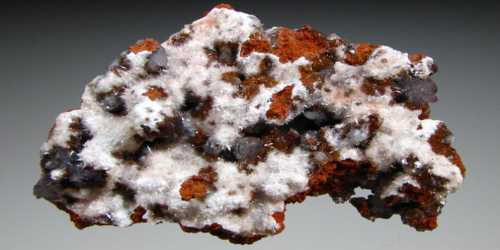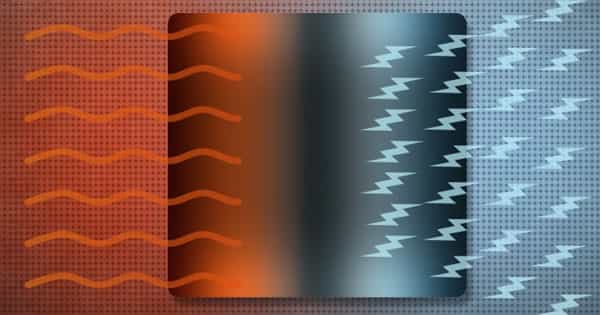If you live near the airport or fly frequently, you may not be unfamiliar with the intense roar of modern day aircraft. As the turbines become stagnant and the heat is forced into the air, as close as 140 decibels can be heard, close spectators can hear where noise-reducing earphones are needed to prevent noise loss. But researchers at the Bath Materials and Structures Center (MAST) believe they have taken a leading role in reducing aircraft noise, creating an ultra-light new component that can reduce aircraft noise by a huge margin.
The new material is graphene oxide / polyvinyl alcohol aerogel (usually 2D lattice mixed with ultra-light graphene with a polymer found in an eighteen) and can absorb large amounts of noise without adding any weight to the aircraft. With the addition of aerogel to passenger aircraft, it can greatly improve passenger comfort while reducing noise complaints from surrounding areas.
Their research and production methods were published in the journal Nature Scientific Report. Professor Michele Meo said in a statement, “It’s definitely a very exciting component that can be applied in a variety of ways – primarily in space but potentially in many other fields such as automotive and marine transport, as well as in building and construction.” To give it a higher sound-insulating property while keeping the weight down, the researchers created a graphene -based aerogel that was then embedded in the scaffold structure of the hive.
Aerogel is perforated, which causes the incoming waves to collide with the perforated walls, isolating the sound by transferring energy from sound to thermal energy, causing friction. However, perforated materials are incredibly effective at spreading sound, they are often much heavier and heavier to use in performance and aerospace settings. Using a soft aerogel that is extremely light, it allows researchers to access the incredible ability to reduce noise but endlessly lose weight.
In the experiment, aerogel was able to reduce noise by 15.8 decibels, which would bring the noise of jet engines “closer than a hair-dryer”, the researchers said. Not satisfied with creating a more peaceful world, researchers are now looking to improve the material so that it can also dissipate heat. They believe it can be used within 18 months, but subject to rigorous safety testing it must ensure that it is durable and fire-resistant enough for use in aerospace.
















